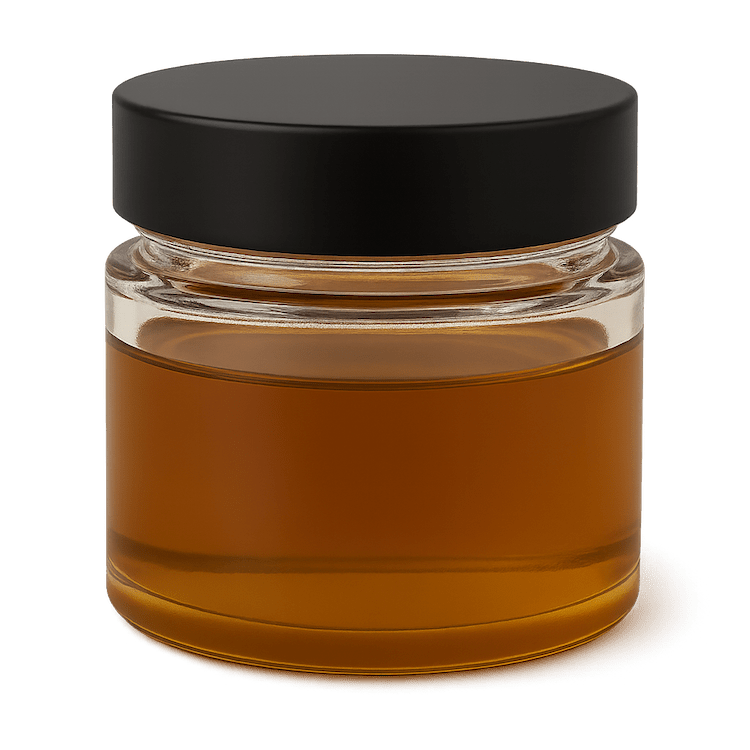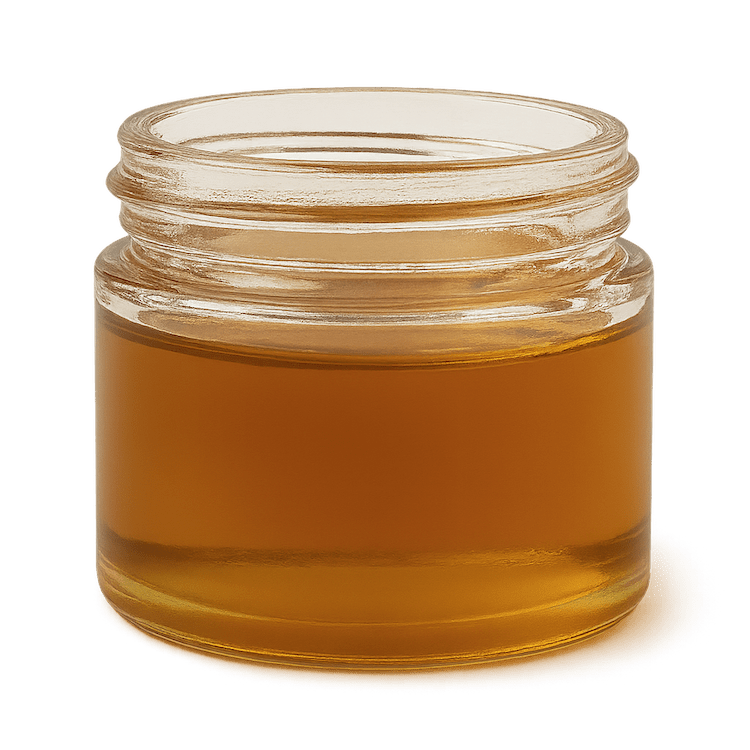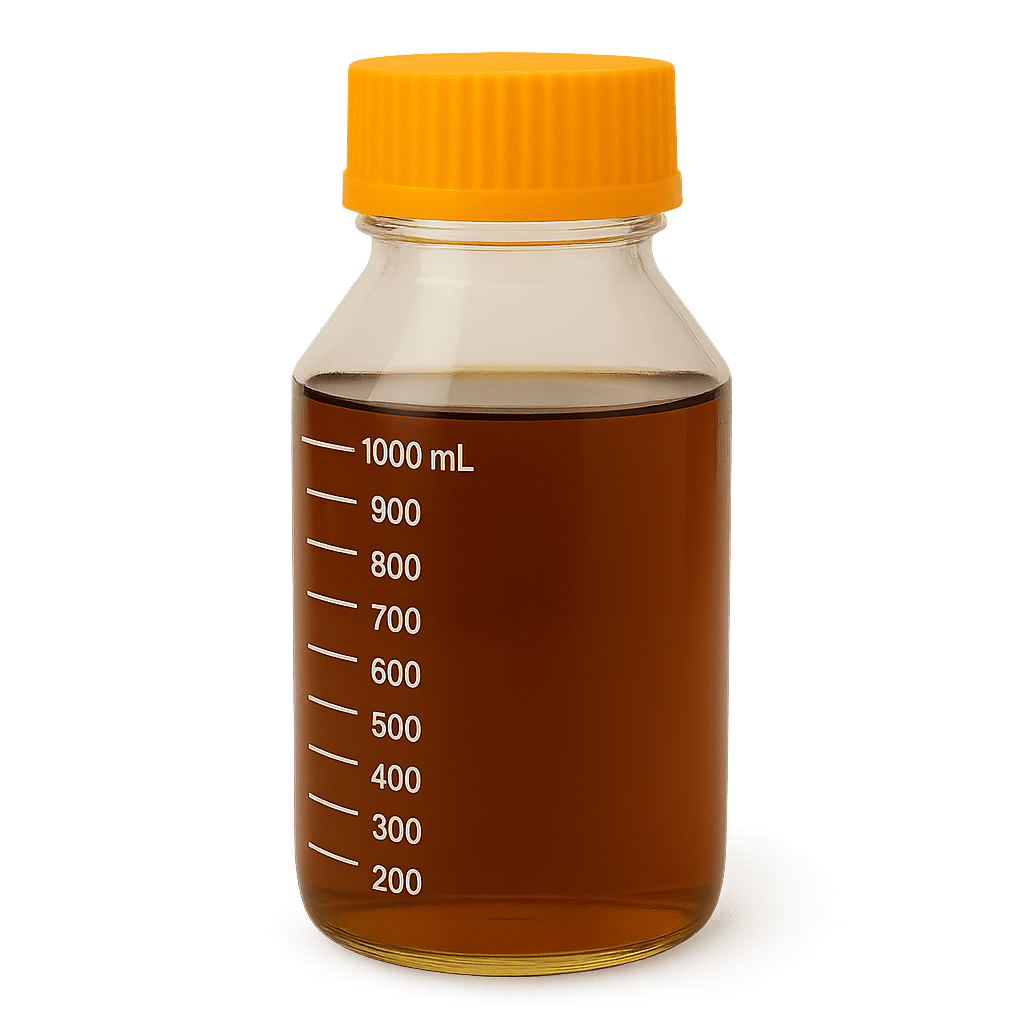Zero Point Extraction, LLC
CBD Distillate
CBD Distillate
Broad spectrum CBD distillate is a concentrated form of CBD that contains a variety of other beneficial compounds found in the hemp plant, including terpenes, flavonoids, and other cannabinoids, but with no detectable THC.
Our CBD Distillate typically contains 82%+ CBD with the balance including minor cannabinoids such as CBC, CBG and CBN. It is non-detect for D9 THC.
Couldn't load pickup availability
Share
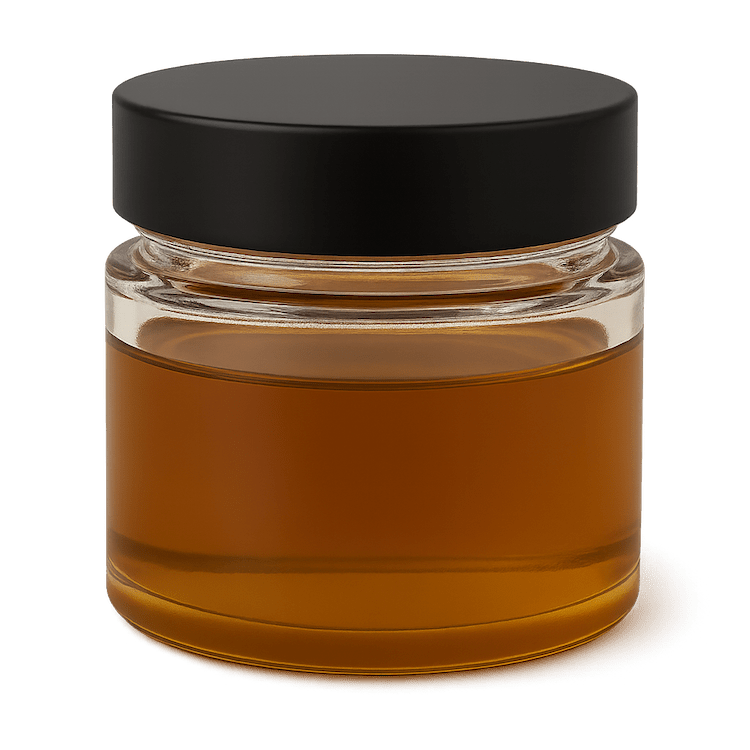
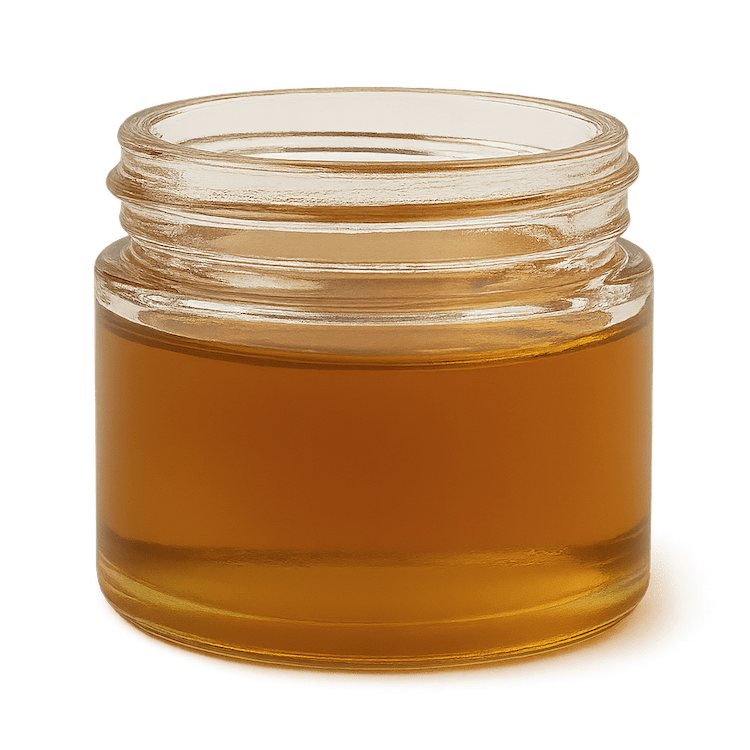
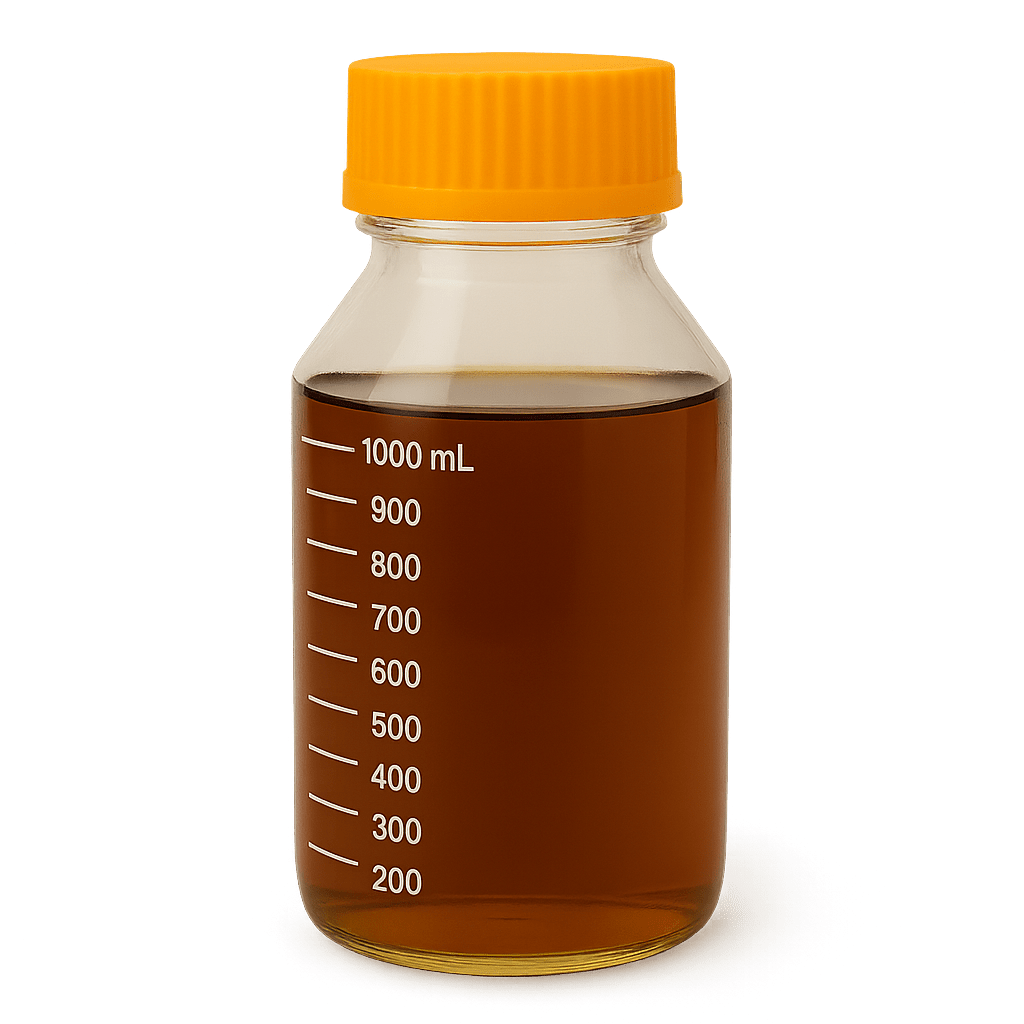
Buy Bulk CBD Distillate Online
Cannabidiol Distillate
CBD Distillate FAQs
What is CBD?
Cannabidiol, commonly known as CBD, is one of the 100+ cannabinoids found in the cannabis plant. Unlike THC (tetrahydrocannabinol), CBD doesn't induce that euphoric "high" but has gained traction for its potential therapeutic benefits.
CBD Isolate vs. Full Spectrum CBD vs. Broad Spectrum CBD
While CBD isolate is the purest form containing only CBD, full spectrum encompasses all cannabinoids, including THC. Broad spectrum CBD distillate, however, offers the middle ground – packed with cannabinoids but minus the THC.
Benefits of Broad Spectrum CBD Distillate
- Rich in Cannabinoids, Minus THC - Experience a range of cannabinoids while keeping THC out of the equation.
- The Entourage Effect - This synergy among cannabinoids is termed the "Entourage Effect", where combined compounds work better than in isolation.
- Suitable for those sensitive to THC - For those wary of THC due to personal sensitivities or drug tests.
How to Use Broad Spectrum CBD Distillate
Add Broad Spectrum CBD Distillate into your daily wellness routine and enjoy the benefits it offers. CBD can help support a healthy immune system, promote a balanced mood, and assist with sleep.
Broad spectrum CBD distillate is a popular ingredient in a variety of CBD products, including tinctures, topicals, and edibles. It is often preferred by people who want to experience the potential benefits of a full spectrum product, but are hesitant to consume THC due to legal or personal reasons.
- Tinctures: Mix CBD distillate with a carrier oil, like MCT oil, and consume it orally. Using CBD sublingually (under the tongue) ensures fast absorption.
- Topicals: Combine CBD distillate with a carrier oil or a lotion.
- Edibles: Add CBD distillate to your meals or beverages. Whether it's a savory dish, a cup of morning joe, or a refreshing smoothie, it's an easy and delicious method to take CBD.
Safety Guidelines:
- Always consult a doctor if you are modifying your diet or using any new products.
- Do not take if you are pregnant, breastfeeding, or have a medical condition and are taking any prescription medications.
- Store in a cool, dark location.
- Keep out of reach of children and pets.
- Not for Sale to Minors Under the Age of 18!
CBD and the Endocannabinoid System (ECS)
The Endocannabinoid System (ECS) is a complex cell-signaling system identified in the early 1990s by researchers exploring THC, a well-known cannabinoid. While the ECS is affected by THC, it's crucial to understand how another major cannabinoid, CBD (cannabidiol), interacts with it.
Key Components of the ECS:
- Endocannabinoids: These are naturally produced compounds in the body that are similar to cannabinoids. The two major endocannabinoids are anandamide and 2-arachidonoylglycerol (2-AG).
- Receptors: Found throughout the body, these are the sites where endocannabinoids and cannabinoids can bind. The two primary ECS receptors are CB1 receptors (mainly in the brain) and CB2 receptors (commonly found in the immune system).
- Enzymes: These break down endocannabinoids once they've carried out their function. Two main enzymes are fatty acid amide hydrolase, which breaks down anandamide, and monoacylglycerol acid lipase, which breaks down 2-AG.
How CBD Interacts with the ECS:
- Receptor Activity: Unlike THC, which directly binds to CB1 receptors, CBD doesn't bind strongly to either CB1 or CB2 receptors. Instead, it is believed to modulate receptor activity, possibly by influencing the shape of the receptor or altering the ability of other compounds to bind to them. This might be a reason why CBD doesn't produce the "high" associated with THC.
- Endocannabinoid Breakdown: CBD can inhibit the breakdown of naturally occurring endocannabinoids, particularly anandamide. By doing so, it potentially increases the concentration of endocannabinoids in the system, amplifying their beneficial effects.
- Enhanced Presence of Endocannabinoids: There's evidence to suggest that CBD can stimulate the ECS to produce more of its own endocannabinoids.
- Additional Interactions: Beyond the ECS, CBD has been found to interact with several other non-endocannabinoid signaling systems, which can contribute to its therapeutic effects.
Can I buy CBD Distillate Online?
Yes, you can shop for Broad Spectrum CBD distillate online as it is Federally legal. The 2018 Farm Bill legalized hemp and hemp-derived compounds, extracts, and derivatives with a Delta 9 THC concentration of not more than 0.3% on a dry weight basis.
Third-Party Lab Tested
Our Broad Spectrum CBD Distillate is tested by an accredited third-party lab for purity and potency.
View lab results for Broad Spectrum CBD Distillate

Subscribe for deals and special offers!

Contact Us
Hours
Mon - Fri
9am - 5pm EST
Address
2615 SW Cessna Drive
Prineville, OR 97754
FDA Disclosure: * These statements have not been evaluated by the Food and Drug Administration. These products are not intended to diagnose, treat, cure, or prevent any disease.
- Choosing a selection results in a full page refresh.
- Opens in a new window.

